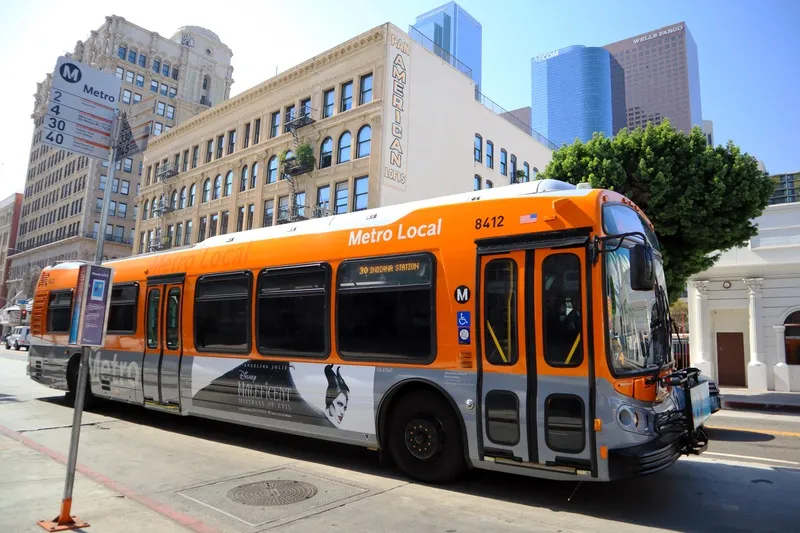Q-Free has been awarded an order, valued at US$6.27, million for tolling tags from Centro Gestao Meios de Pagto (CGMP) in Brazil. This order is the third call-off from the earlier announced frame agreement of US$38million which was announced last October.
June 22, 2012
Read time: 1 min









